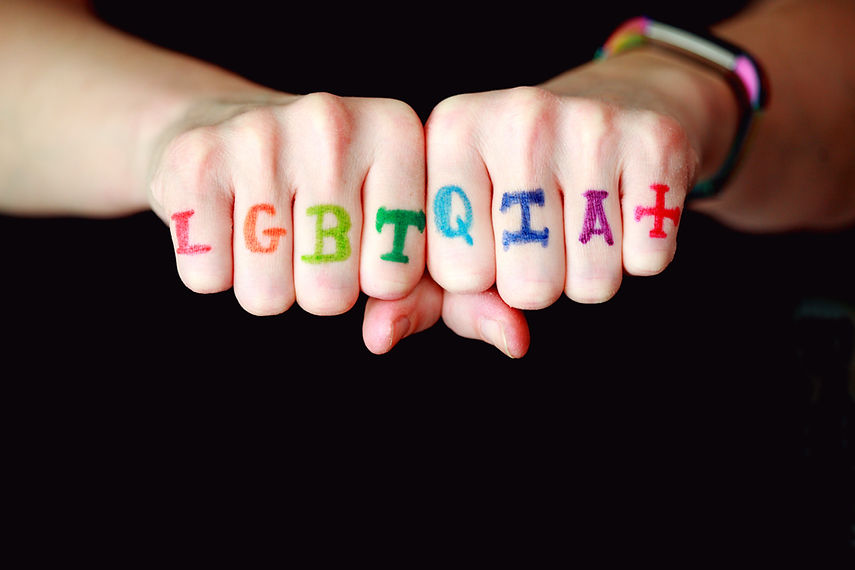top of page

Who We Are
The co-editors of the book are Dr. Phillip Joy of the Department of Applied Human Nutrition at Mount Saint Vincent University and Dr. Megan Aston of the School of Nursing, Dalhousie University.
Aim
The intent of this proposed book is to tell the stories of the LGBTQ+ people relating to food, bodies, nutrition, health and wellbeing through a collection of art and narratives. The collection will give LGBTQ+ people representation and voice in the areas of dietetics and health.
Contextual Overview
It is increasingly being recognized that the voice of LGBTQ+ (lesbian, gay, bi, trans, queer, intersex, asexual, and other gender sexually diverse) peoples within the fields of nutrition, dietetics, and health are largely silent. Within professional health training programs, gender and sexually diverse curriculum is practically non-existent, with some research noting that less than 7 hours within the entirety of a 4-year training program are dedicated to relevant topics (Joy and Numer, 2018). This is despite the fact that LGBTQ+ peoples face social stigma, barriers to access healthcare, hetero and cis-normativite healthcare institutions and policies, and, as a result, have unique nutritional, body, and health concerns.
It is recommended that dietetic and health curriculum involve teaching strategies that are innovative, contextual, and experiential. An example of experiential learning is first-hand accounts from LGBTQ+ individuals. Learners are able to gain knowledge about the lives of LGBTQ+ peoples and partake in critical reflections of their values, biases, empathies, and judgements of LGBTQ+ peoples. In addition, experiential learning provides students with authentic learning and personal connections with LGBTQ+ individuals who are the experts of their lives and health.
Stories for experiential learning purposes can be told in many different ways. We believe moving beyond traditional academic writing to other forms of story-telling, such as storytelling through artistic expression, is critical to amplify the voices of LGBTQ+ peoples in the professions of dietetics and health. Art becomes a way for LGBTQ+ people to reveal their experiences, challenge notions of hetero and cis-normativity, and to acknowledge their truths. As Finely (2008) suggested “to claim art and aesthetic ways of knowing…is an act of rebellion against the monolithic ‘truth’ that science is supposed to entail” (p.73). Art allows knowledge to become expressive by involving the emotions, the senses, the creativity, and the bodies of participants (Finley, 2008). Art can challenge and subvert the constructions of subjectivities, sexuality, gender, bodies, food, and health and wellbeing while contributing to social transformation through the expression of new perspectives (Schuhmann, 2014).
About the Book: Welcome
bottom of page